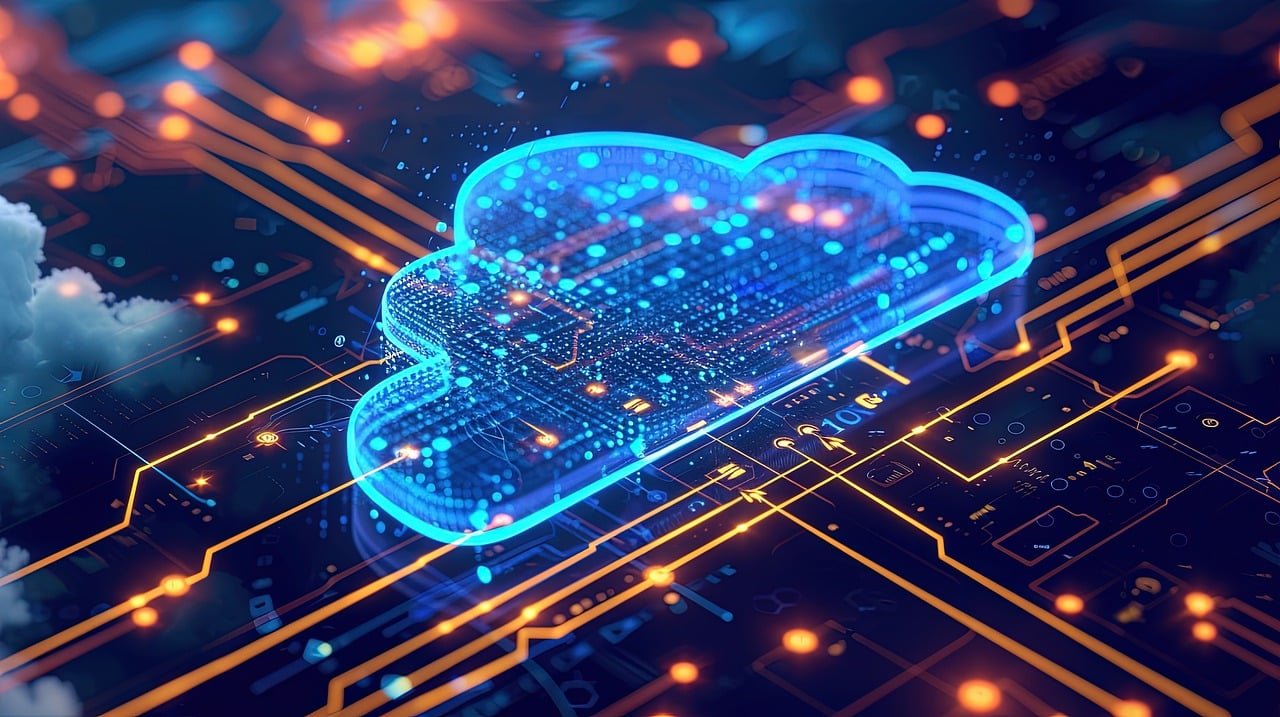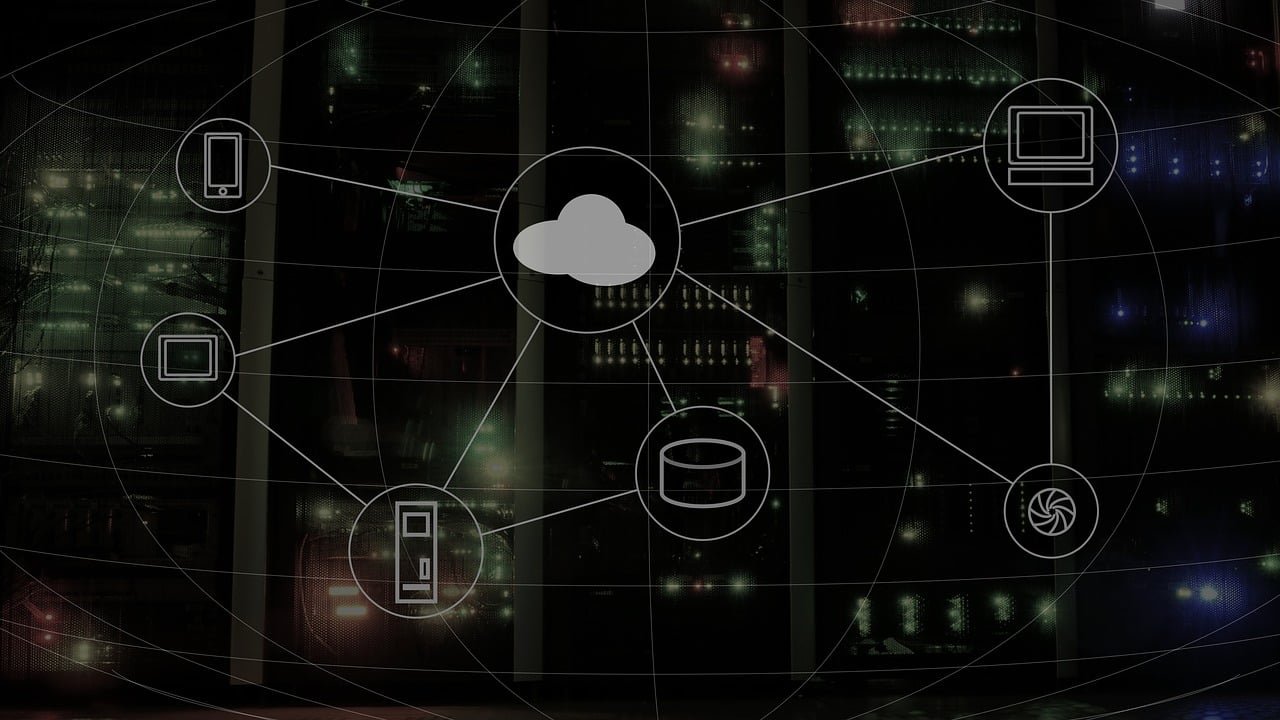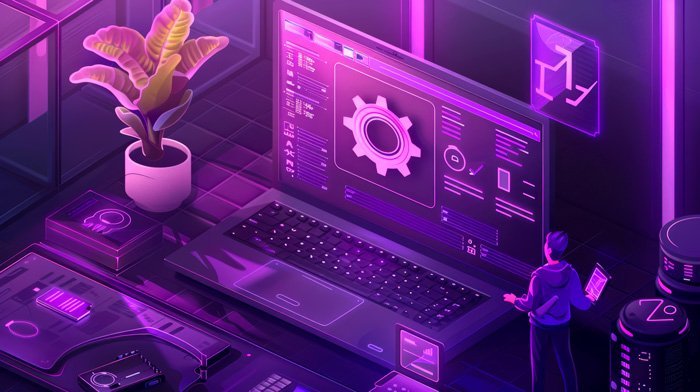Cloud Computing and Its Environmental Impact
Cloud computing is often seen as an environmentally friendly alternative to traditional IT infrastructure. By consolidating data centers and optimizing server usage, cloud providers significantly reduce energy consumption. Instead of businesses running their own inefficient servers, cloud platforms host data in highly optimized environments. Many cloud service providers, like Google and Microsoft, are committed to […]











